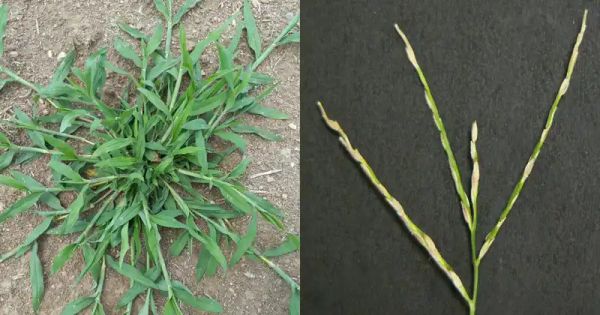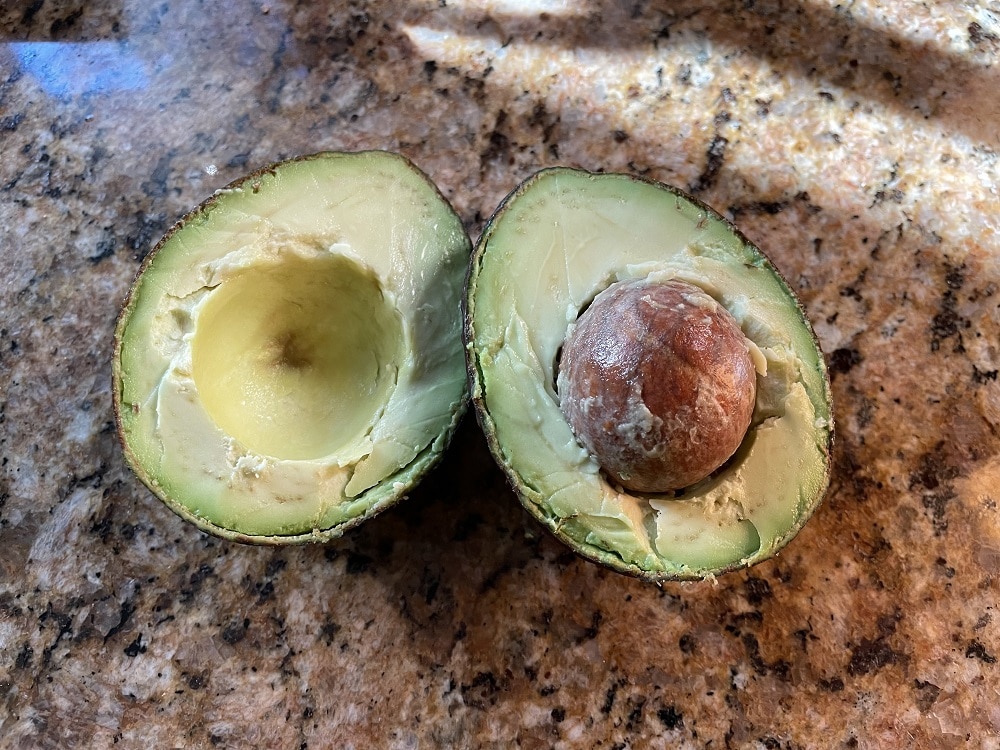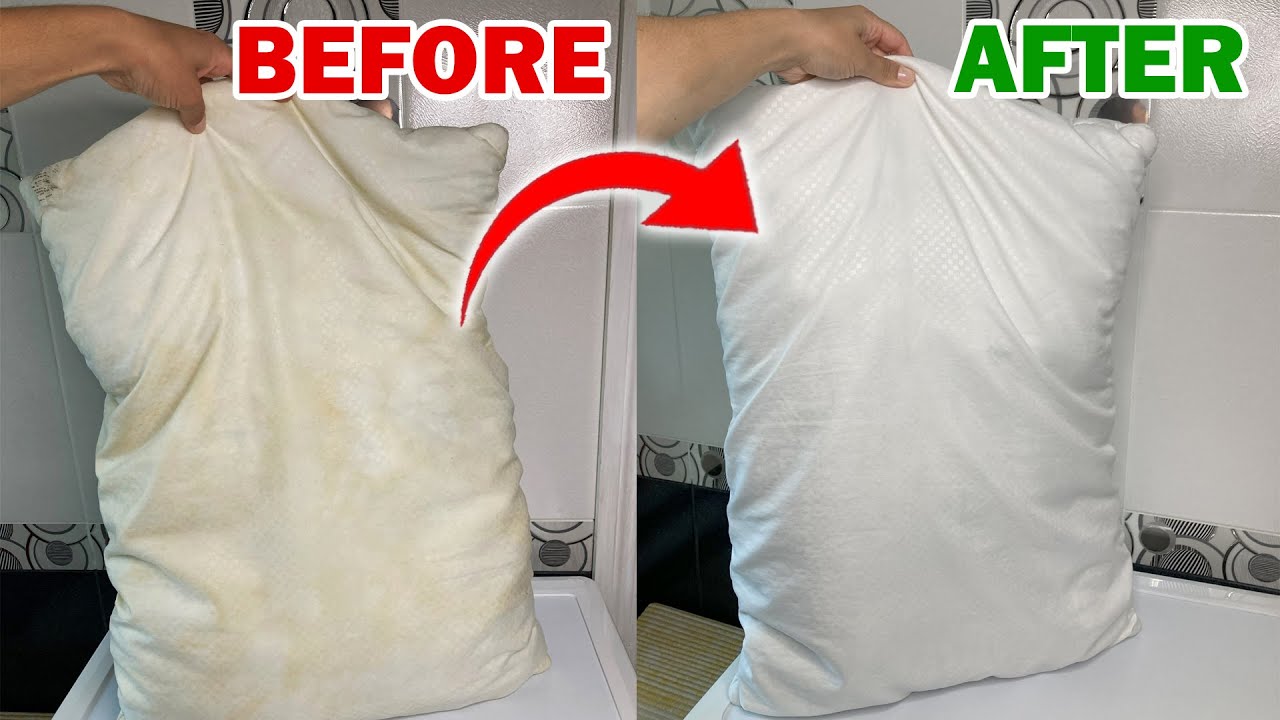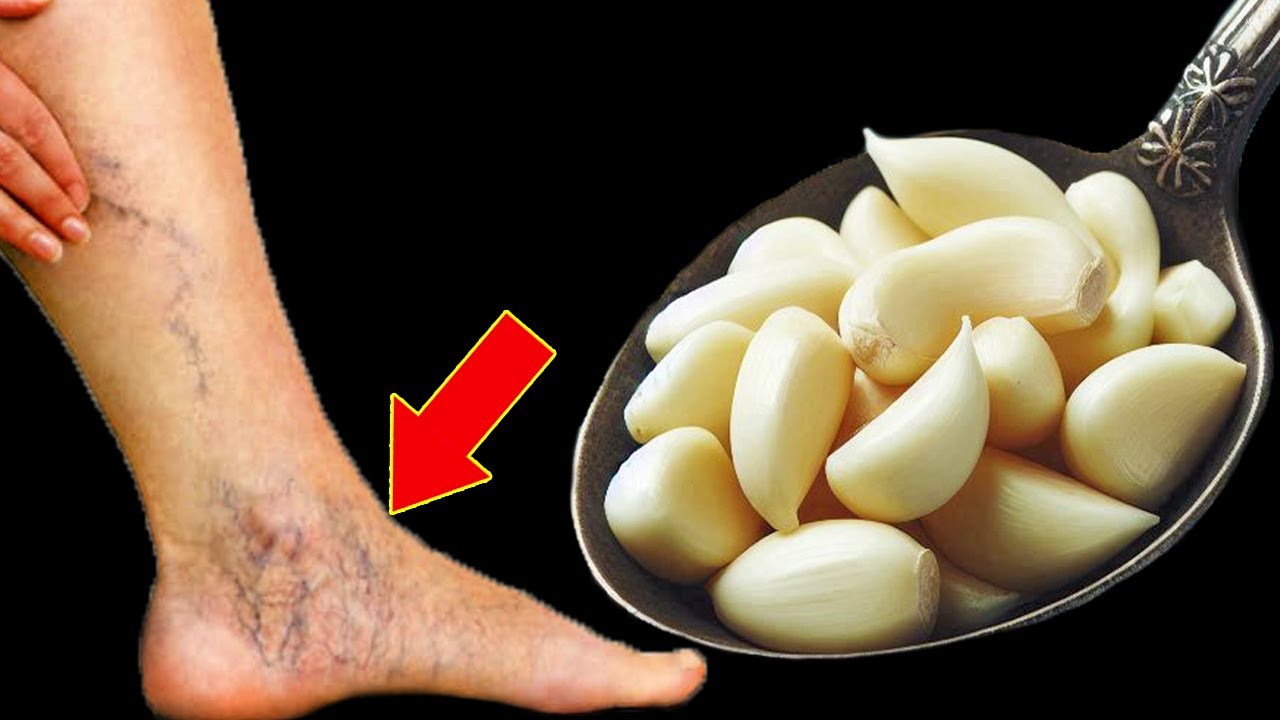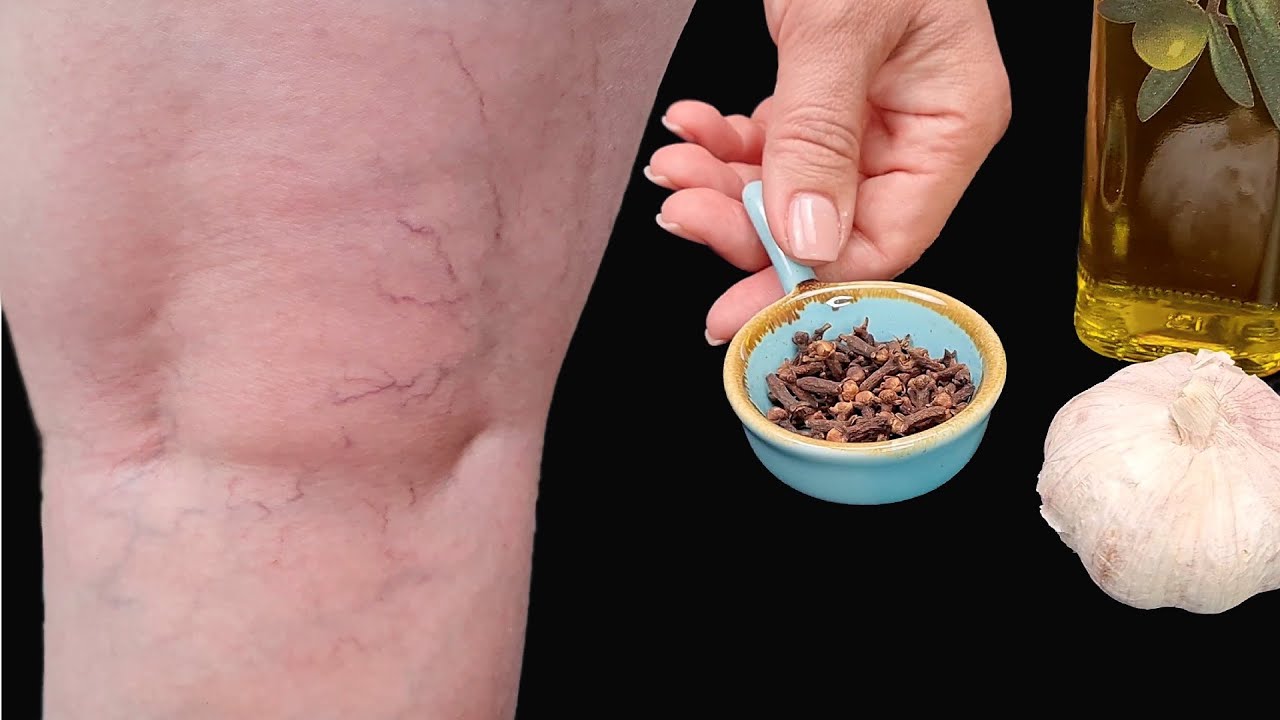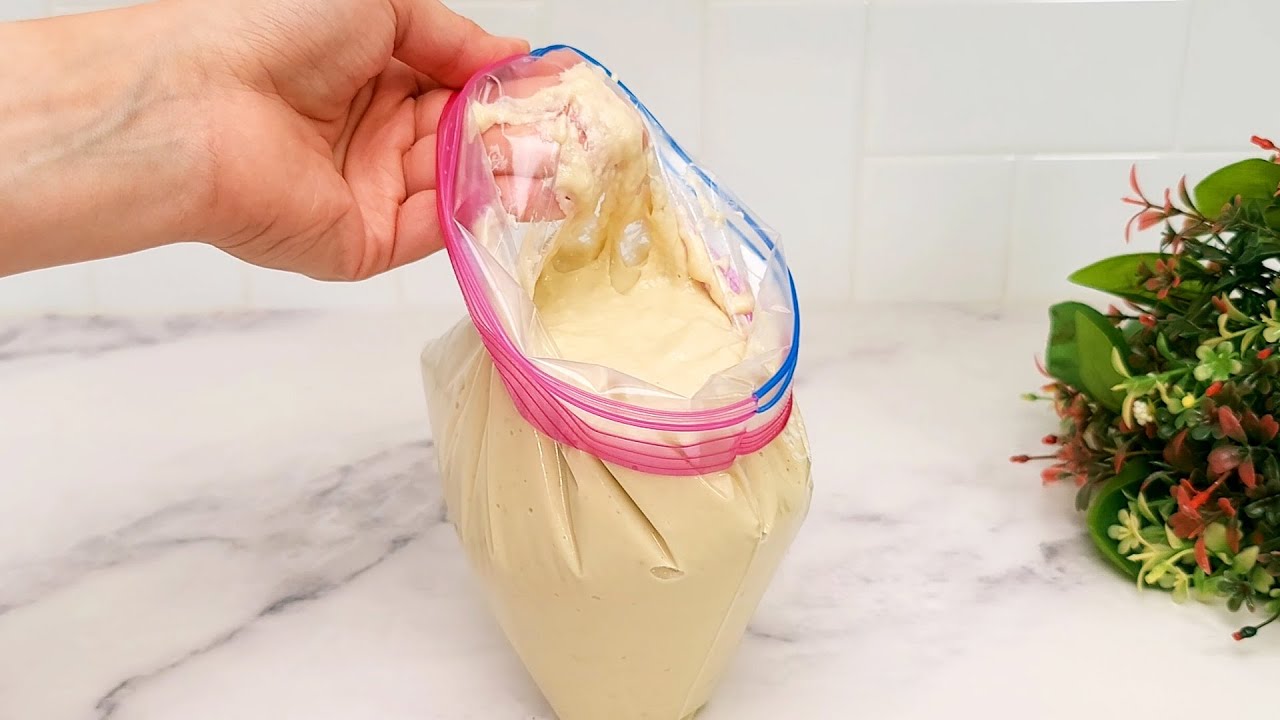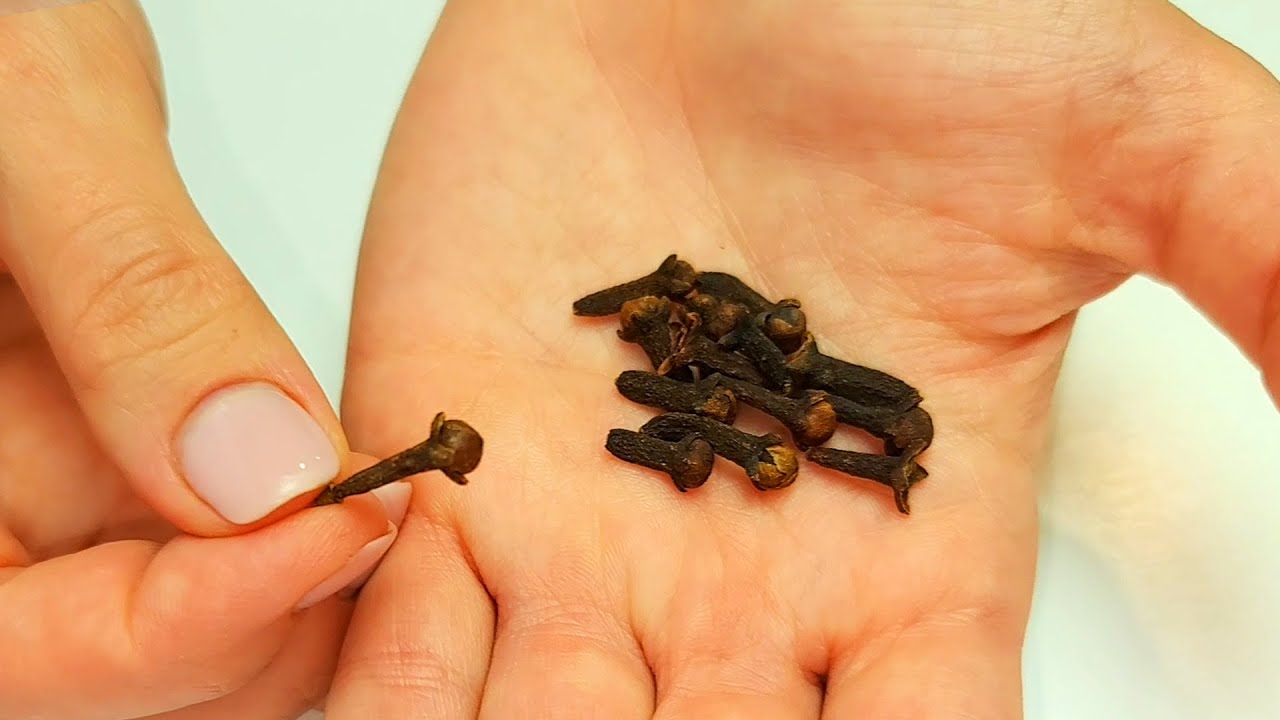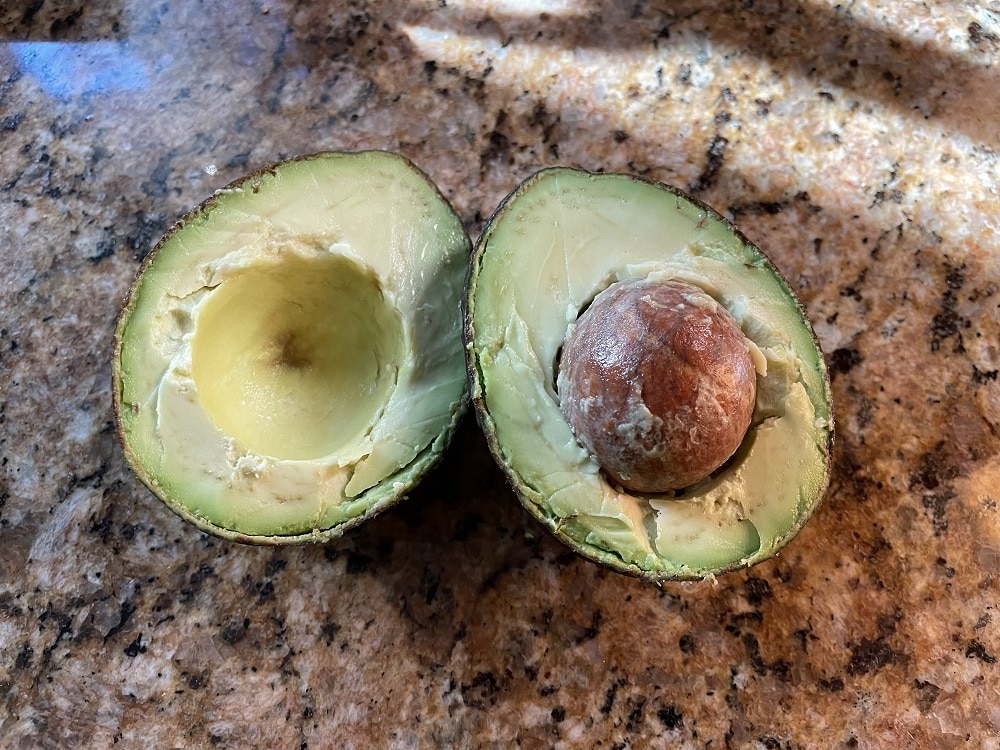
Avocado seeds are often discarded, but they are actually full of fiber, antioxidants, and nutrients that can benefit your health. Eating avocado seeds can boost digestion, lower cholesterol, and provide antioxidant protection. However, it’s important to prepare and store them properly to make them safe and easy to consume.
How to Eat Avocado Seeds:
Step 1: Remove and Clean the Seed
-
After cutting and using the avocado, carefully remove the seed.
-
Rinse the seed under running water to remove any remaining avocado flesh. Pat it dry with a clean towel.
Step 2: Dry the Seed
-
Before consuming, the seed needs to be dried. You can either:
-
Air dry: Leave the seed out at room temperature for 2-3 days until the outer skin becomes dry and flaky.
-
Oven dry: Preheat your oven to 250°F (120°C) and place the seed on a baking sheet. Let it dry in the oven for 2 hours or until the seed hardens.
-
Step 3: Peel the Seed
-
Once the seed is dry, peel off the thin, brown outer skin using a knife or your fingers. The inner part of the seed will be a firm, light orange or yellow color.
Step 4: Grind the Seed
-
Cut the seed into small chunks (using a sharp knife) or place the whole seed in a blender or food processor. Grind the seed into a fine powder. You can also use a grater if you prefer to grate the seed manually.
Step 5: Use the Powder
-
Sprinkle the powder over salads, smoothies, or soups for added nutrients. The seed has a slightly bitter taste, so start with small amounts (about 1 teaspoon) until you get used to the flavor.
-
You can also brew the powder as tea by steeping it in hot water for 10-15 minutes, then straining before drinking.
Health Benefits of Eating Avocado Seeds:
-
High in Fiber: Avocado seeds are packed with soluble fiber, which helps improve digestion and maintain gut health.
-
Rich in Antioxidants: They contain antioxidants that help neutralize free radicals and reduce inflammation.
-
Supports Heart Health: Avocado seeds may help lower cholesterol levels and promote healthy blood pressure.
-
Boosts Immunity: The nutrients in the seed can help support the immune system and reduce the risk of infections.
How to Store Avocado Seeds:
1. Storing Whole Seeds:
-
Air Dry Method: After rinsing and drying the seed, store it in a cool, dry place in a breathable container (like a paper bag or mesh bag) for up to several months. Avoid sealing the seed in plastic or airtight containers, as this can trap moisture and lead to mold growth.
-
Freezing: You can freeze the whole seed if you don’t plan to use it immediately. After cleaning and drying the seed, place it in a freezer-safe bag or container and freeze. Thaw it at room temperature when you’re ready to use it.
2. Storing Ground Avocado Seed:
-
If you’ve already ground the seed into powder, store it in an airtight container in a cool, dark place (like a pantry) for up to 2-3 weeks. For longer storage, place the powder in the freezer to maintain its freshness.
Tips for Eating Avocado Seeds:
-
Start small: The taste of avocado seed is slightly bitter, so it’s best to start by adding small amounts (1 teaspoon) to your diet and gradually increase as you get used to the flavor.
-
Blend with sweeter ingredients: If adding the seed powder to smoothies or juices, combine it with naturally sweet ingredients like bananas, berries, or honey to balance the bitterness.
Conclusion: A Powerful Source of Nutrients
By learning how to eat and store avocado seeds, you can take full advantage of the incredible nutrients they offer. From boosting digestion to supporting heart health, avocado seeds are a simple and effective way to add more fiber and antioxidants to your diet. Just remember to dry, peel, and grind them properly for safe and easy consumption!
